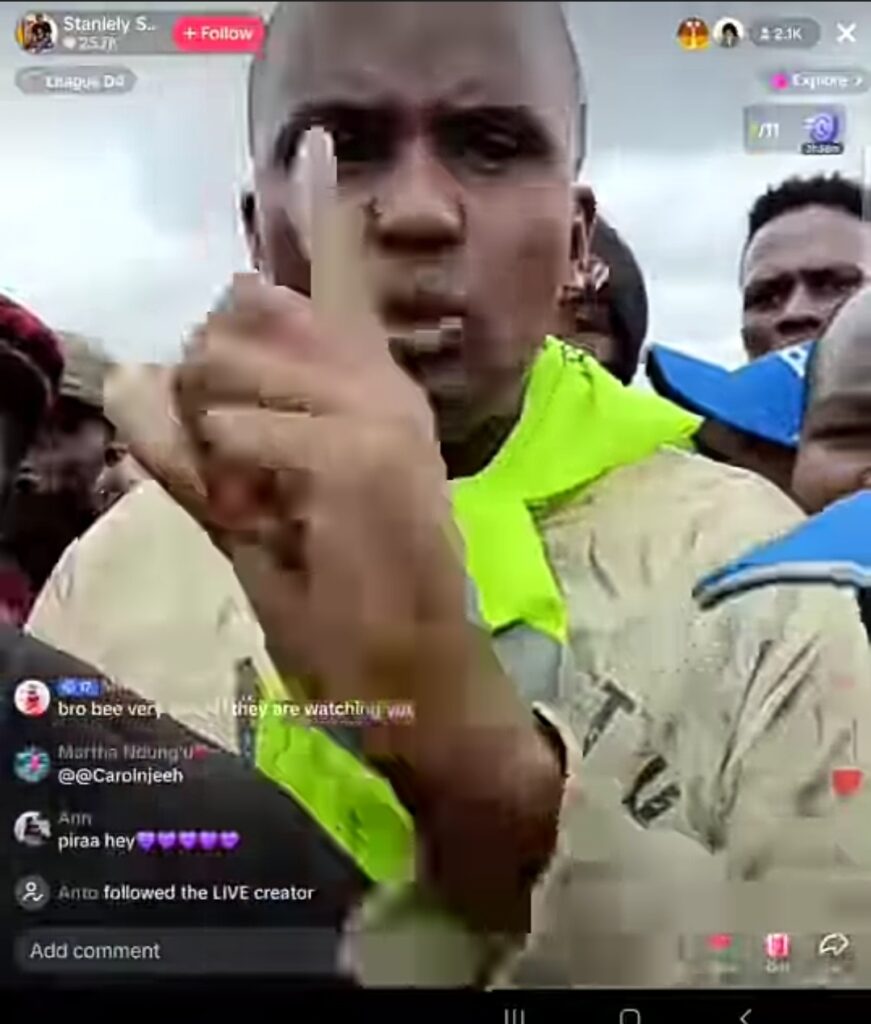The recent incident at Mukuru Kwa Njenga quarry has put the media under intense scrutiny, as conflicting reports about the number of fatalities have surfaced.
While mainstream media outlets have reported that only six people lost their lives, local witnesses and community leaders insist that the death toll is significantly higher, potentially exceeding 100.
This discrepancy has fueled public outrage and mistrust towards the media, with many accusing journalists of downplaying the tragedy and concealing the full extent of the disaster.
Community members are demanding transparency and accountability, urging media organizations to stop misleading the public.
“Muwache kudanganya wananchi kama mumeungana na serikali mutuambie,” they chant, calling for honest and accurate reporting.
The phrase, which translates to “Stop lying to the citizens, if you have joined forces with the government, let us know,” reflects a deep-seated frustration with perceived collusion between the media and authorities.
This sentiment is not new but has been exacerbated by the current crisis, highlighting long-standing issues of trust and credibility in media reporting.
In response to these accusations, media houses have defended their coverage, citing challenges in accessing reliable information and verifying the chaotic situation on the ground.
They argue that initial reports were based on the best available data at the time and that ongoing investigations might reveal more accurate numbers.
However, this explanation has done little to quell the anger of those who believe that the truth is being deliberately obscured.
The outcry has also prompted calls for an independent investigation to establish the true scale of the disaster.
Civil society groups and human rights organizations are advocating for a thorough inquiry that involves both local community members and impartial observers.
They emphasize the importance of giving a voice to those directly affected and ensuring that all victims are accounted for and their families receive justice.
This incident underscores the critical role of the media in times of crisis and the consequences of eroding public trust.
As the situation continues to unfold, it remains to be seen how media organizations will address the accusations and what steps they will take to restore confidence among their audiences.


